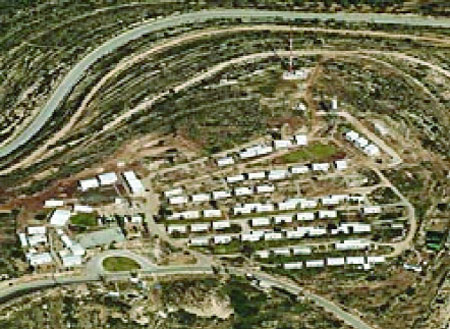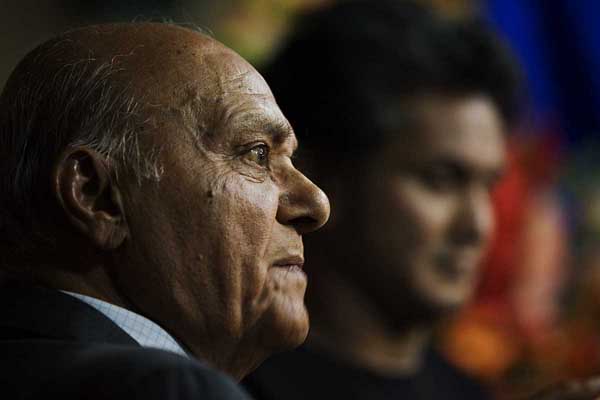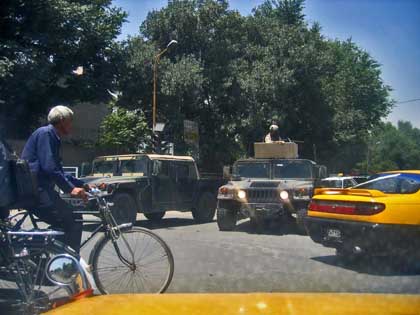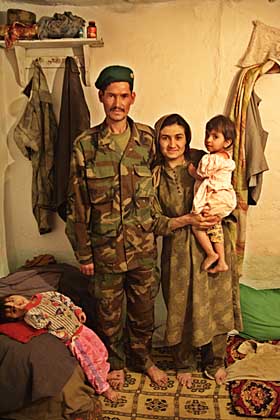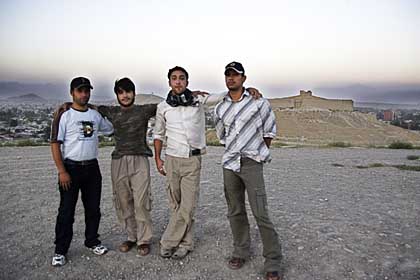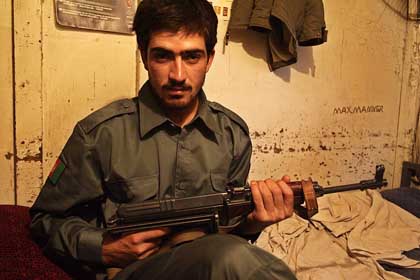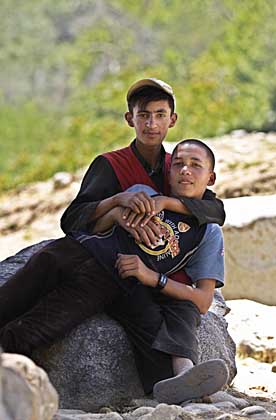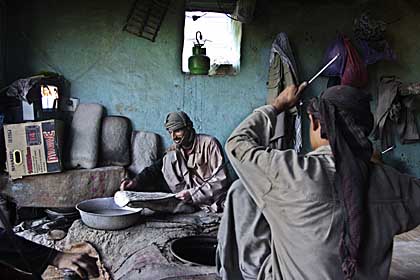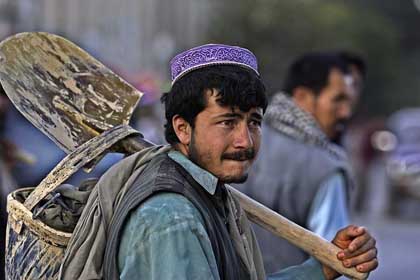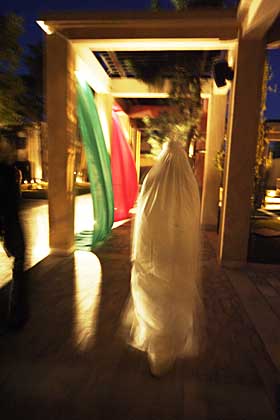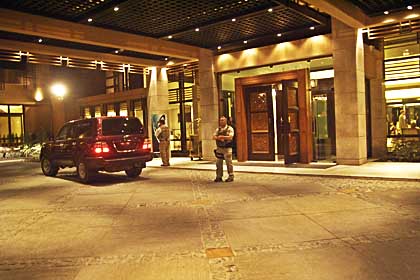You who are silent
You who leave it to others
You who do not hear the screams
Every bomb that falls
Every ‘call for restraint’
Every blood clot etched in the sand
Calls out in vain
Calls out in pain
Calls out your name
Remember you let it happen
Remember you turned away
Remember you were silent
————————————————-
This letter arrived this morning:
Dear Shahidul
This is from my friend Selim, about yesterday’s aggression. As you know I worked on year in Gaza (as the head of the UNRWA health services that provides primary health care to 20,000 refugees daily. So far more than 200 dead and more than 700 wounded, many civilians as there is no “clean” war in urban settings and surgical strikes; The horror is there. And foreign governments recommend restraints on both sides as if it was a solution. Hamas respected the truce for many months and saw no improvement.
Thanks for doing what you can.
Pierre Claquin
———————————————-
Today in Gaza
It was just before noon when I heard the first explosion. I rushed to my window, barely had I looked out when I was pushed back by the force and air pressure of another explosion. For a few moments I didn’t understand, then I realized that Israeli promises of a wide-scale offensive against the Gaza Strip had materialized. Israeli Foreign Minister, Tzpi Livni’s statements following a meeting with Egyptian President Hussni Mubarak the day before yesterday had not been empty threats after all.
What followed seems pretty much surreal at this point. Never had we imagined anything like this. It all happened so fast but the amount of death and destruction is inconceivable, even to me and I’m in the middle of it and a few hours have passed already passed.
6 locations were hit during the air raid on Gaza city. The images are probably not broadcasted in US news channels. There were piles and piles of bodies in the locations that were hit. As you looked at them you could see that a few of the young men are still alive, someone lifts a hand here, and another raise his head there. They probably died within moments because their bodies are burned, most have lost limbs, some have their guts hanging out and they’re all lying in pools of blood. Outside my home, (which is close to the 2 largest universities in Gaza) a missile fell on a large group of young men, university students, they’d been warned not to stand in groups, it makes them an easy target, but they were waiting for buses to take them home. 7 were killed, 4 students and 3 of our neighbors kids, young men who were from the same family (Rayes) and were best friends. As I’m writing this I can hear a funeral procession go by outside, I looked out the window a moment ago and it was the 3 Rayes boys, They spent all their time together when they were alive, they died together and now their sharing the same funeral together. Nothing could stop my 14 year old brother from rushing out to see the bodies of his friends laying in the street after they were killed. He hasn’t spoken a word since.
What did Olmert mean when he stated that WE the people of Gaza weren’t the enemy, that it was Hamas and the Islamic Jihad who were being targeted? Was that statement made to infuriate us out of out state of shock, to pacify any feelings of rage and revenge? To mock us?? Were the scores of children on their way home from school and who are now among the dead and the injured Hamas militants? A little further down my street about half an hour after the first strike 3 schoolgirls happened to be passing by one of the locations when a missile struck the Preventative Security Headquarters building. The girls bodies were torn into pieces and covered the street from one side to the other.
In all the locations people are going through the dead terrified of recognizing a family member among them. The streets are strewn with their bodies, their arms, legs, feet, some with shoes and some without. The city is in a state of alarm, panic and confusion, cell phones aren’t working, hospitals and morgues are backed up and some of the dead are still lying in the streets with their families gathered around them, kissing their faces, holding on to them. Outside the destroyed buildings old men are kneeling on the floor weeping. Their slim hopes of finding their sons still alive vanished after taking one look at what had become of their office buildings.
And even after the dead are identified, doctors are having a hard time gathering the right body parts in order to hand them over to their families. The hospital hallways look like a slaughterhouse. It’s truly worse than any horror movie you could ever imagine. The floor is filled with blood, the injured are propped up against the walls or laid down on the floor side by side with the dead. Doctors are working frantically and people with injuries that aren’t life threatening are sent home. A relative of mine was injured by a flying piece of glass from her living room window, she had deep cut right down the middle of her face. She was sent home, too many people needed medical attention more urgently. Her husband, a dentist, took her to his clinic and sewed up her face using local anesthesia
200 people dead in today’s air raid. That means 200 funeral processions, a few today, most of them tomorrow probably. To think that yesterday these families were worried about food and heat and electricity. At this point I think they -actually all of us- would gladly have Hamas sign off every last basic right we’ve been calling for the last few months forever if it could have stopped this from ever having happened.
The bombing was very close to my home. Most of my extended family live in the area. My family is ok, but 2 of my uncles’ homes were damaged. We can rest easy, Gazans can mourn tonight. Israel is said to have promised not to wage any more air raids for now. People suspect that the next step will be targeted killings, which will inevitably means scores more of innocent bystanders whose fate has already been sealed.
This doesn’t even begin to tell the story on any level. Just flashes of thing that happened today that are going through my head.
Peace
Selim
———————
Identity Card, a poem by Mahmoud Darwish
gaza-holocaust-report
gaza-violence-attracting-people-to-citizen





